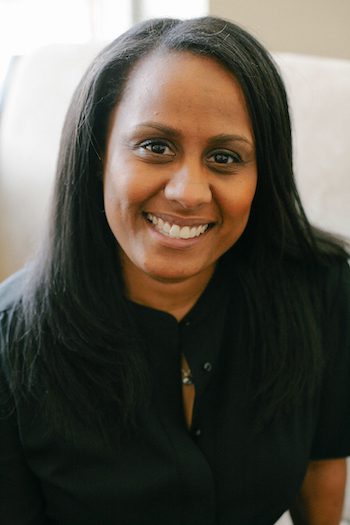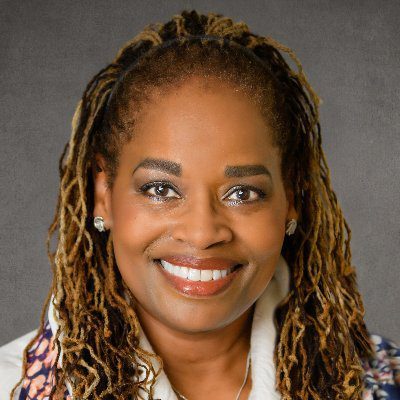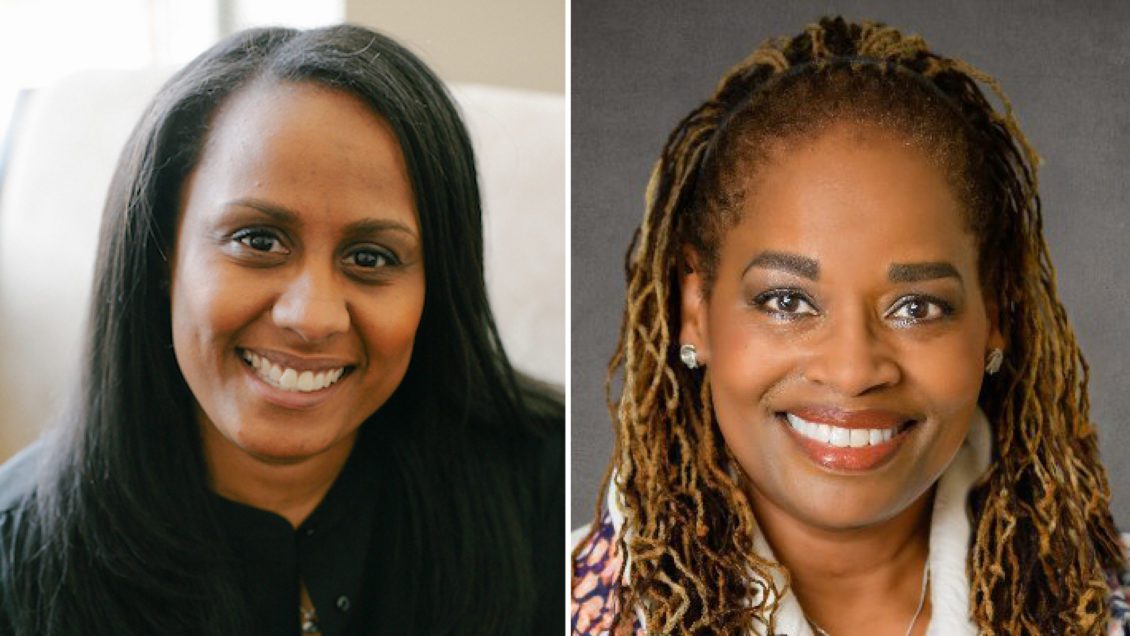Women’s History Month was designed to study, observe and celebrate the vital role of women in American history, but for most of that history those “roles” were rarely the ones at the top of the corporate or organizational ladder. However, the last quarter century has seen substantial – although many would also say uneven – progress for women in leadership across industries.
From a record high number of CEOs on the Fortune 500 to an increasing number of women elected to high office across the globe, the outlook for women in leadership roles is steadily changing for the better. Two of the faculty members behind Clemson University’s Master of Human Resource Development program have a unique understanding of gender’s ever-evolving role in leadership across disciplines.
Angie Carter and Cynthia Sims aren’t just women who lead a program that prepares a diverse group of students to become leaders in their respective organizations – they also actively dedicate their research and service to the topic of leadership and specifically the role gender plays in it.
According to Carter, she and Sims are truly complimentary to one another in terms of research. Sims’ focus on quantitative research examines the intersection of leadership development, diversity, and inclusion and equity, while Carter uses qualitative methods to learn about individual leader’s stories that bring statistics to life.
“Being a woman and a leader – let alone someone with intersectional identities – continues to be a paradox in the U.S.,” Sims said. “Women leaders have to work harder to gain support and allegiance from others, and we’ve found that those who deploy a mix of authentic and servant leadership may be more effective.”

Sims’ research continues to study the leadership needed to meet the developmental and workforce needs of women and what systems can be put in place to support their workplace advancement. She just completed a meta-analysis on African American women and leadership and is working to develop a journal that focuses on leadership and intersectional identities.
Carter and Sims’ collaborative research has most recently examined barriers that get in the way of effective leadership for women and people of color. They have specifically focused on leaders who may encounter difficulty in constructing, developing and integrating a positive leader identity due to “imposter phenomenon,” which induces feelings of self-doubt that can make them feel incompetent and that their success is unearned. The study explored how coaching can be used as a developmental intervention to help emerging leaders explore the ongoing negotiation of self-concept.
“Our findings underscore the effects of intersectionality on imposter phenomenon and leader identity development,” Carter said. “We hope that our findings will help leadership coaches recognize when adding strategies to address self-concept and imposter cognitions are appropriate.”
Sims and Carter also serve in the University’s Transforming the Institution through Gender Equity, Retention and Support (TIGERS) Advance project, a National Science Foundation-funded innovative and systematic institutional transformation approach to reduce gender inequity and social injustice. Both are part of the Trailblazers Program, the TIGERS Advance mentoring initiative for faculty, with Sims having served as the program’s visionary and lead until this year. Carter is now leading the Trailblazer Program, which is in its sixth year.
Sims said the Trailblazer Program has enabled faculty to focus on their leader development and what tools faculty can employ to increase and retain women and men in leadership roles. Carter said the program has been valuable because it helps ensure equity in both the system and in individuals to help create positive change in the STEM field pipeline for women, who have historically encountered obstacles to careers in science, technology, engineering and math.
When Sims and Carter aren’t focused on issues of equity in their research and service, they are also tackling these issues with students in the Master of Human Resource Development Program, which attracts a diverse population of students including newly minted undergrads, those refreshing their credentials, and professionals who already possess a master’s or doctoral degree.

Sims has over 20 years of applied human resources and development experience, and her goal is for students in the program to be able to walk in the door of any organization and immediately add proven value. She said the faculty accomplish this by increasing each student’s own leadership capacity while also helping them learn how to manage and lead talent development and learning as well as diversity, equity and inclusion in organizations.
Teaching and conducting research in the area of human resource development means staying on top of the latest trends in the workforce, and Sims and Carter naturally pay particular attention to those that touch on inclusion and equity. They see encouraging efforts across industries to allow employees to be their authentic selves and create workplaces that support employees’ individual vision and realities. Much like what they strive to do for their own students, organizations must find ways to ensure that all employees are positioned to thrive.
“Women and those with minority identities are not a monolith; we will see more intersectional research that will help organizations fine-tune their leadership efforts to reduce barriers to career advancement,” Sims said. “I’m particularly interested in determining whether, like school research, employees thrive when they have leaders who look like them.”
Learn more about the Master of Human Resource Development program.
Get in touch and we will connect you with the author or another expert.
Or email us at news@clemson.edu

